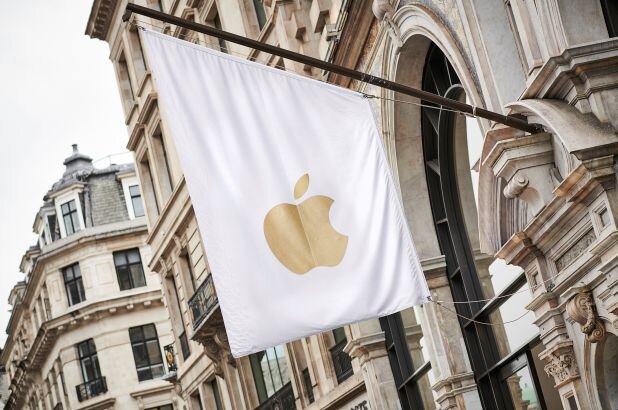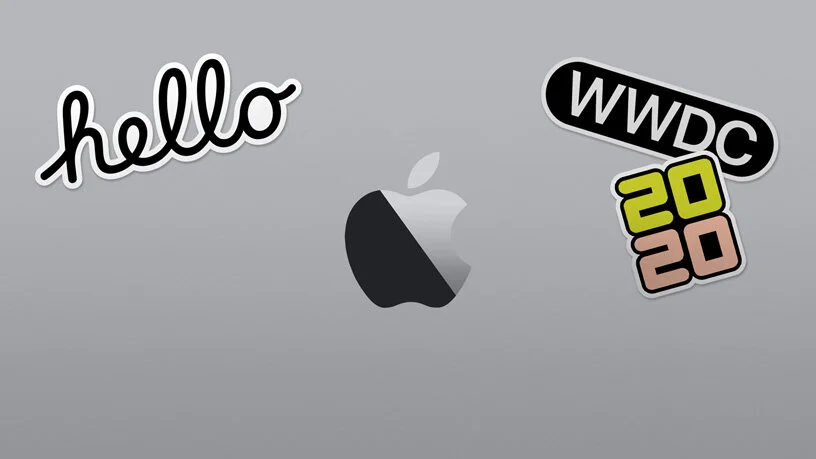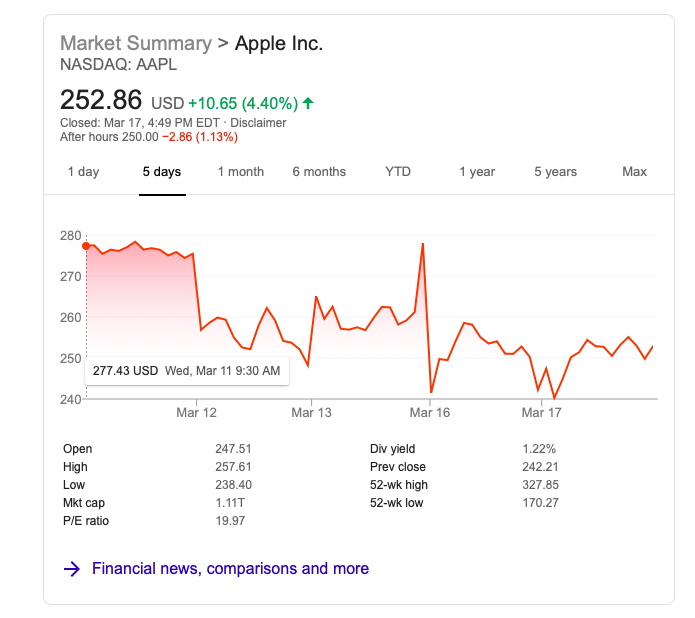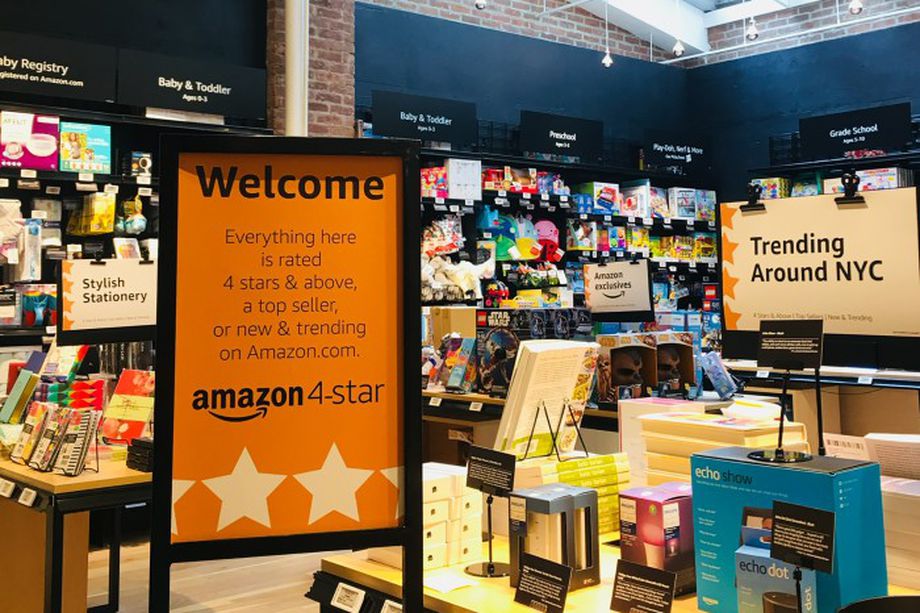Contactless Convenience: Target's Drive Up Now Enables You to Get a Latte On Checkout
Elf
© Target. Drive Up options
Covid-19 Growth in Curbside Pickup Spurs New Convenience Options
Target (NYSE: TGT) is offering new convenient shopping options for shoppers at some locations this year, doubling down on its Drive Up curb delivery service where consumers can enjoy Starbucks coffee without leaving the car. While the popular retailer did not offer specifics on where it will be offering this new add-on convenience or when it will roll out the new service, Target said the company plans to scale up this feature nationwide. Target already offers Starbucks drinks at cafes located at many of its larger stores.
Target shoppers have increasingly opted for curbside delivery during the pandemic for store items and online purchases for safety and to minimize direct contact with other consumers and Target employees. Target also offers the convenience of safe same-day home delivery through its service, Shipt. As a result, Shipt grew almost 60 percent in the third quarter of 2021.
© Joe Raedle, Getty Images. A Target employee delivers an order to a drive up customer in Miami, Florida.
Target shared that customers requested Starbucks pickup and returns. The new service does not require a pickup window for either coffee deliveries or product returns. Target plans to add more merchandise and features to the Drive Up service, including fresh groceries, frozen goods, and alcohol.
The company intends to use its 2,000 stores as fulfillment hubs to drive its range of contactless same-day services, including Order Pickup, Drive Up, and Same Day Delivery with Shipt. Target’s digital business grew 200 percent from just a year ago, with these contactless services accounting for more than half of those sales.
Since the pandemic, other popular retailers like Amazon and Walmart have also seen massive digital sales and home delivery growth. Amazon offers both food delivery from Amazon Fresh and Whole Foods and new grocery stores, while Walmart has its service for both groceries and retail products delivered to the home.








